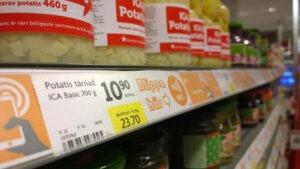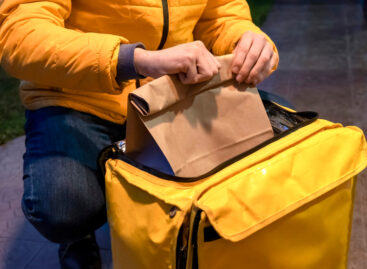Greek Supermarkets Beat European Rivals On Price
Greek supermarkets offer a more affordable average household basket, compared to those in seven other European countries.

The cost of the basket in Greece is significantly lower, compared to Germany (46%), France (26%), the UK (24%) and Italy (15%), according to a report by the country’s Institute for Retail Research of Consumer Goods (IELKA) presented by ESM.
It even compares favourably to Portugal, Spain and Romania, where costs are around 7-9% higher.
Analysing the data without VAT revealed that average basket costs are even higher in all seven countries, compared to Greece, with Germany showing a 54% increase, France and the UK 33% higher, and other countries ranging from 10% to 23% more.
In Greece, basic food items are taxed at a reduced VAT rate of 13%, while many other everyday supermarket products, including packaged or processed foods, are taxed at the standard rate of 24%.
The country’s 13% rate is higher than those in the UK (0% or 5%), France (5.5% or 10%), Spain (4% or 10%), Portugal (6% or 13%), Italy (4% or 5%), Germany (7%) and Romania (9%).
In many of these countries, food products that are subject to the higher 24% rate in Greece are instead taxed at lower rates – sometimes even 0%.
Competitive Pricing
Despite these differences in VAT, the report credits Greek retailers and suppliers for their efforts in keeping prices competitive, making everyday goods more accessible to consumers.
This trend of Greece having a cheaper typical basket has been observed consistently in IELKA’s research over the past 12 years.
The report also highlights several factors that influence price comparisons between countries, including excise duties, taxation levels, agricultural production, consumer habits, weather conditions, energy and transportation costs, labour expenses, market size, and the efficiency of industry and retail.
The report, conducted in April 2025, analysed over 6,000 prices from 44 supermarket chains across the eight countries, spanning 40 product categories – both branded and private label.
It used data from price comparison platforms and supermarket receipts.









